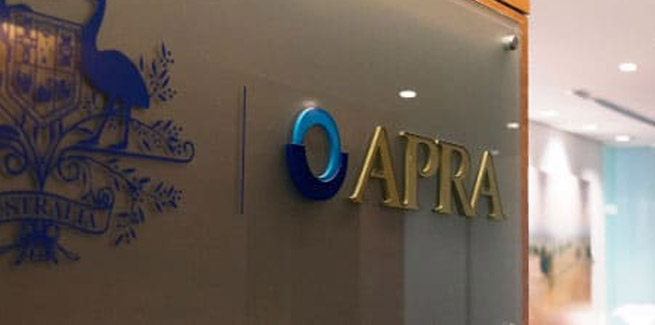APRA has finalised and implemented its revised approach to licensing and supervising new authorised deposit-taking institutions (ADIs), after assessing the restricted licensing pathway that was launched in 2018.
The prudential regulator stated that its updated approach, which comprises stronger requirements for being granted a banking licence and closer supervision of new entrants as they seek to establish themselves, will seek to encourage more sustainable competition in the sector, by better equipping new banks.
The review followed the closure and licence rollback of neobank Xinja, which shuttered operations after long delays in launching revenue-generating products.
APRA has now said that, before a bank can even gain a restricted ADI (RADI) licence, new entrants will need to present a business plan, as well as a plan to meet the prudential framework for new ADIs within a period of two years, including launch of products, and a contingency plan, that includes at least one option to execute an orderly and solvent exit from banking.
Under the finalised approach, RADIs will need to achieve a limited launch of both an income-generating asset product and a deposit product before they can gain an ADI licence.
Previously, RADIs were allowed to release new products within the limits of the asset threshold, but it was not a requirement to reach a full banking licence. Instead, they only needed to meet the requirements of the prudential framework or legislation that applies to the prudential regulation of banks, within two years.
APRA has also increased clarity around capital requirements at different stages for new entrants, aimed at reducing volatility in capital levels and facilitating a transition to established ADIs over time.
Restricted ADIs will be required to have initial capital which meets the ongoing capital requirement (the higher of $3 million plus $1 million resolution reserve, or 20 per cent of adjusted assets) with a further three months’ operational expenses.
They will also face a $2-million aggregate cap on deposits, with a maximum $250,000 aggregate balance on all accounts for an individual customer.
Restricted ADIs will further be required to provide APRA with a monthly report during the restricted phase. The regulator has said it will continually work with banks during the restricted phase, before it formally assesses if they’re ready for a full licence.
For a new ADI, there will be a requirement to have the higher of either $15 million or nine months’ ongoing operational expenses for its initial capital.
Further, there is an ongoing capital requirement of either the higher of $10 million, or rolling six months’ operational expenses of a percentage of risk-weighted assets (RWAs).
A new ADI will also need to have a conservative capital buffer, which will consist of either $2.5 million or 25 per cent of six months’ rolling operational expenses or 2.5 per cent of RWAs.
Both RADIs and new ADIs will need to have contingency plans – with restricted banks needing to focus on the potential return of deposits. The plan for new ADIs will supposedly evolve with the business, although APRA has said it will likely focus on the return of deposits in the early stages.
The package has responded to feedback from industry, after it was initially released for industry consultation in March.
There are currently two RADIs in Australia: in1bank and Alex Bank.
Several other banks also accessed RADIs on their journey to becoming full banks, including Volt Bank (which was the first Australian RADI), Judo Bank and 86 400 (which has now sold to NAB).
[Related: Law passes to extend digital signature usage]
 ;
;
